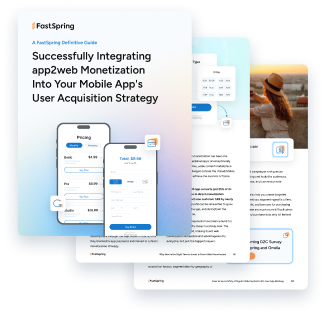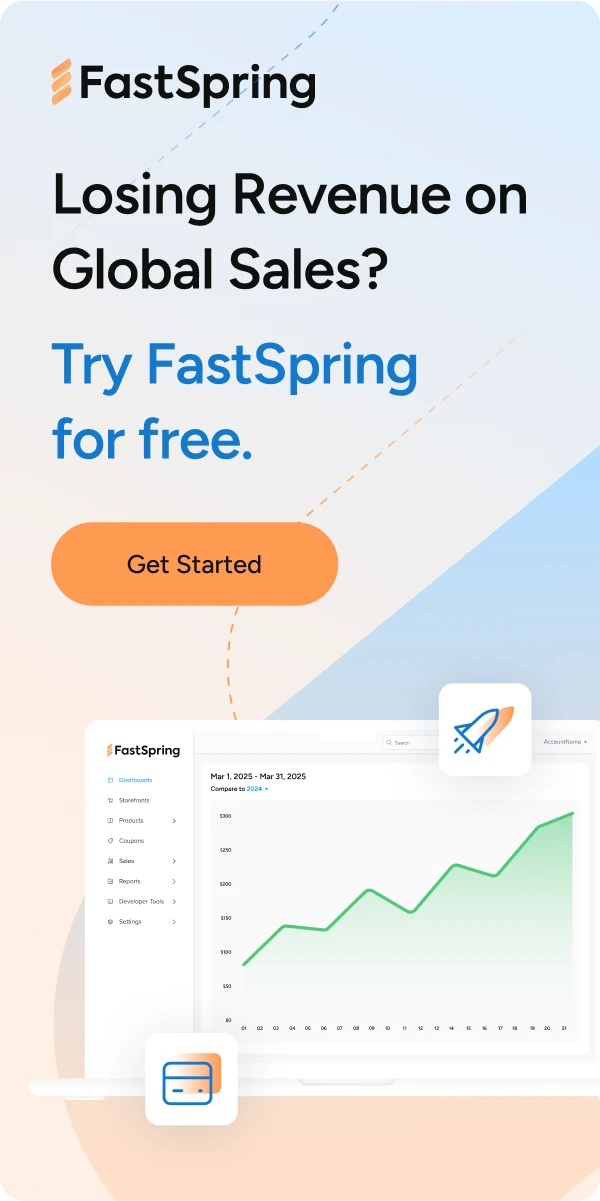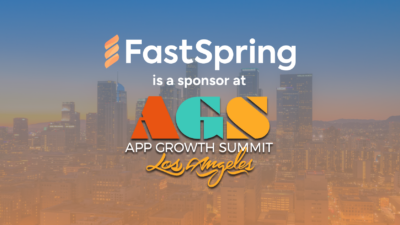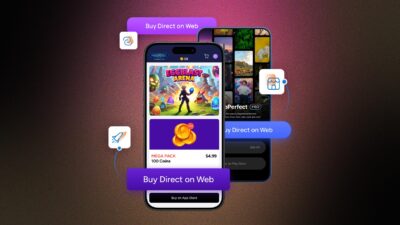An evidentiary hearing in the Epic Games v. Apple case is following up on whether Apple has truly complied with the U.S. District Judge Yvonne Gonzalez Rogers’ order to allow app developers to “steer” users to third-party payment options outside of the native App Store.
After a rejection by the U.S. Supreme Court in January allowed the lower courts’ rulings to take effect, Apple responded immediately by filing court documents that outlined its plans to comply, but those plans preserved most of Apple’s high fees.
The evidentiary hearing regarding Apple’s subsequent compliance began on Wednesday, May 8. AP reports that Judge Gonzalez Rogers “questioned whether Apple has set up a gauntlet of exasperating hurdles to discourage the use of alternative payment options in iPhone apps,” despite the court order.
Hearing Focused on Whether Apple Policy Is Still Anti-Steering
The AP piece further notes that Judge Gonzalez Rogers’ tone suggested Apple’s implementation has primarily focused on protecting Apple’s own profits, rather than complying with the intended outcome of her order to allow steering and increase iPhone users’ ability to easily switch to other in-app payment options. The article points out that according to Epic documents, Apple is still blocking developers from steering consumers to other payment options with lower pricing options.
The AP article continues that as part of the hearing, the Apple executive over the iPhone App Store, Matthew Fischer, disclosed that Apple has only received and approved applications for 38 apps to display links to other payment systems, “a fraction of the roughly 2 million iPhone apps available in the U.S.”
PC Mag points out that this low application number — 38 out of the 65,000 app developers that offer in-app purchases — is likely due to cost, since the 27% Apple fee plus the cost of credit card fees would likely result in a higher overall cost to developers.
Apple Executive ‘Unaware’ of Higher Overall Cost Issue
A LAW360 piece from Friday, May 10 recounts that day’s proceedings as Epic lawyer Yonatan Even and Judge Gonzalez Rogers questioned Apple Finance Vice President Alex Roman. Even pointed out the 3% lower fee from Apple — 27% for transactions taking place outside an app on Apple devices, as opposed to its usual in-app 30% fee — and then Epic also provided evidence that the average cost of payment services in the U.S. is 3.5%, with a yoga app CEO testifying that he pays 3.5% to 6.5% fees for payment processing. After Roman said he was not aware of that, Even reiterated that the goal was to set a fee that would allow developers to offer users a better price by asking Roman if he understood that. Judge Gonzalez Rogers is quoted as stating to Roman that “‘It sounds like you all made lots of decisions with no data,’ she said. ‘It sounds to me as if the goal was to maintain … the revenue that you had in the past.’” Access the LAW360 article here.
FastSpring Pleased to See Judge Side With Epic
FastSpring CEO David Nachman states that “We’re pleased to see the judge side with Epic in this exchange, and we’re hopeful that the court will require Apple to allow steering for app and game developers without fees and unnecessary restrictions. FastSpring’s mission is to democratize global commerce for software and digital product companies, and we join our customers in celebrating this progress toward open commerce in mobile.”
FastSpring CEO David Nachman participated in Epic’s antitrust case against Google. Read FastSpring’s press release on the December 11, 2023 ruling in the case.
Additional Antitrust Case Against Apple Launched by US Justice Department
In addition to the Epic Games case, the U.S. Justice Department launched an antitrust lawsuit against Apple in March 2024, alleging that Apple has monopoly power in the smartphone market, including (among others) in the area of digital payments.
For more information:
- Visit our game monetization page to learn more about how FastSpring supports game developers.
- FastSpring CEO David Nachman participated in Epic’s antitrust case against Google. Read FastSpring’s press release on the December 11, 2023 ruling in the case. “This is a win for gamers and studios.”
- Get tips on How to Sell a Mobile App or Game Outside App Stores.
- Listen to a podcast episode with the CEO of Skillshot Media and Ghost Gaming about Marketing Your Video Game Outside of Game Marketplaces & App Stores.
- Already using a merchant of record to monetize your game directly to consumers? Here are seven great reasons to use FastSpring as an additional D2C solution, or learn more about four Xsolla competitors in 2024.
Related industry news and opinions:
- Is What Epic Wants for App Stores What Other Game Developers Actually Want? (December 2023)
- News: Potential Apple App Store Policy Changes Due to EU’s Digital Markets Act (November 2023)
- News: Tentative Settlement in Google Play Direct-to-Consumer Antitrust Lawsuit Announced (September 2023)
- What the Epic Games vs. Apple Injunction Means for Software Companies (October 2021)
About FastSpring
FastSpring powers global direct-to-consumer (D2C) payments for game studios and publishers. As a Merchant of Record, FastSpring provides a fully managed payment solution including checkout, fraud mitigation, and 100% automated sales tax and VAT compliance. With FastSpring, gaming businesses can level up quickly in the global market and do what they do best, build great games. Founded in 2005, FastSpring is a privately owned company headquartered in California with offices in the UK, Netherlands, and Canada. For more information, please visit https://fastspring.com/solutions/gaming.










